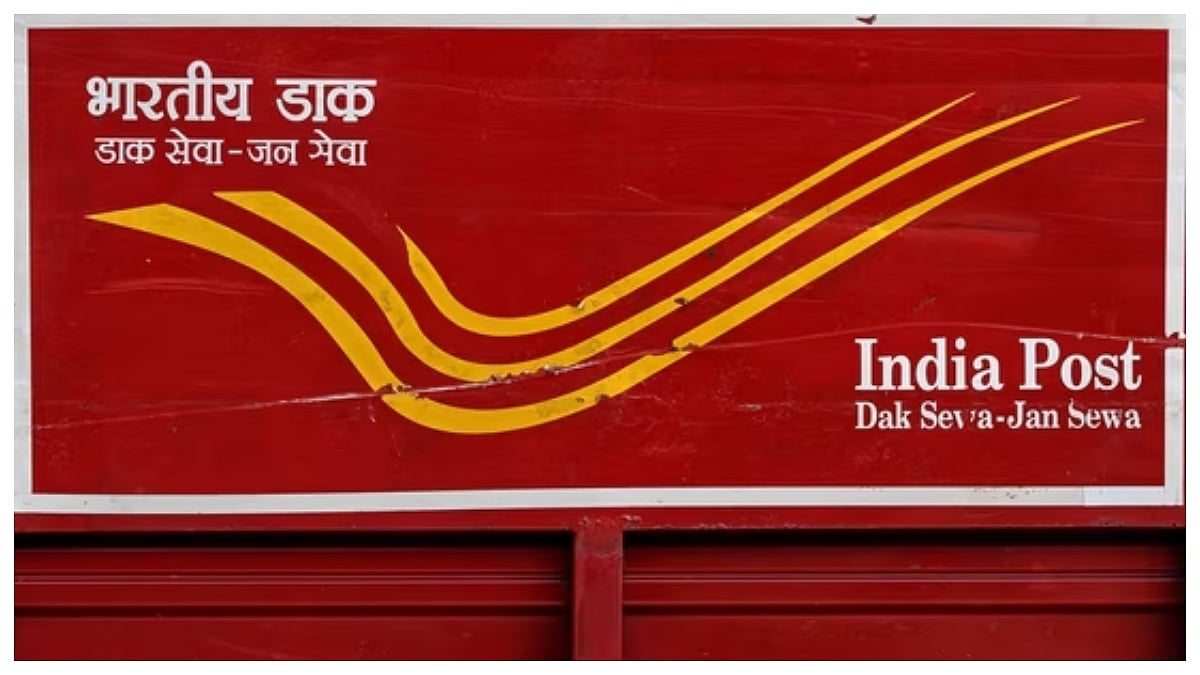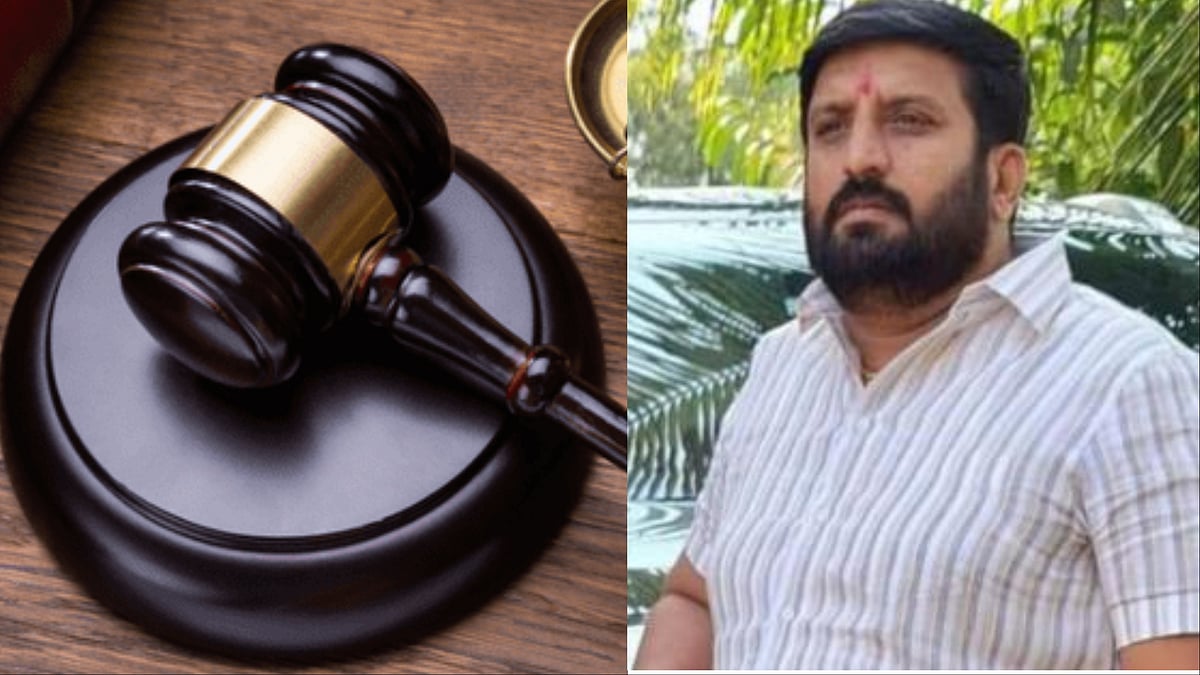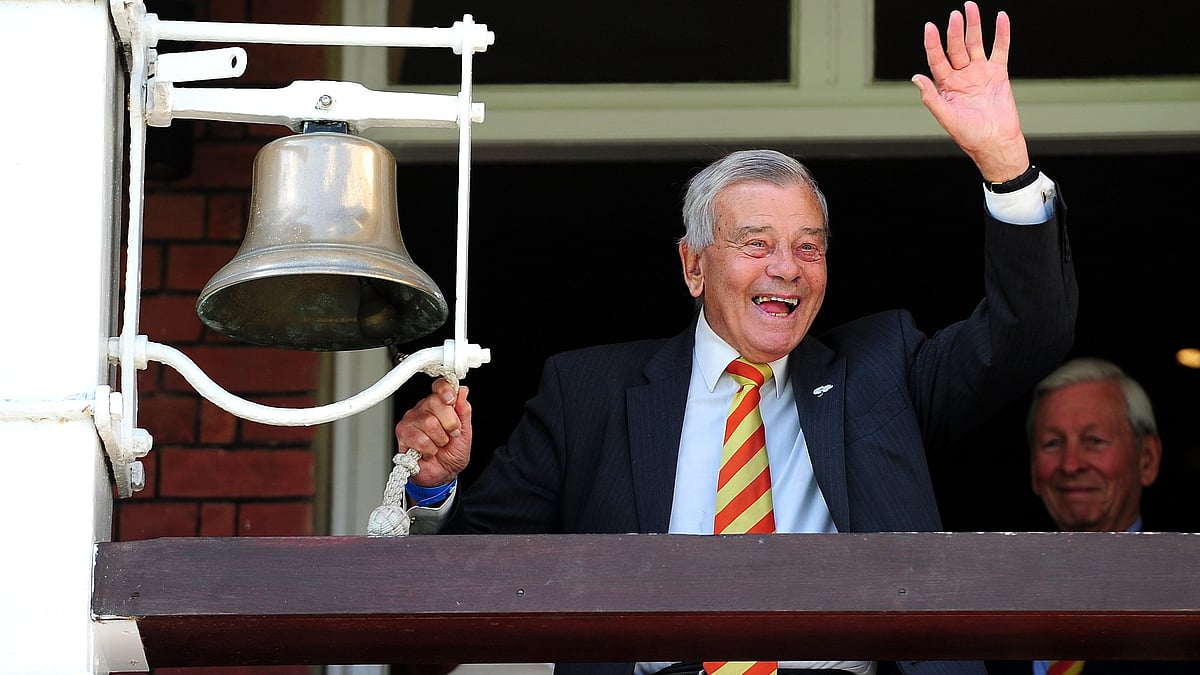With the deadline running out on Wednesday for social media companies to comply with the government’s new set of rules for social media intermediaries, the relationship between the Centre and global technology giants like Google, Twitter and Facebook (which also owns and operates popular social media and messaging apps like Instagram and WhatsApp) has entered a new and uncertain phase. While some like Google have already said they will comply with the new rules – although they have protested these as being restrictive of free speech, others like Facebook have said they intend to comply but will continue to discuss with the government over points of difference. Meanwhile, Facebook-owned WhatsApp, which has more than 40 crore users in India, has reportedly approached the Delhi High Court, challenging the constitutionality of the new rules.
That, in our view, is the correct approach. The sovereign right of India to pass legislation, and to then issue rules and regulations to ensure the implementation of these laws, is unquestionable. It is therefore beyond dispute that whether one is a small ‘one person business’ – the smallest business entity recognised in Indian law – or a global technology giant with hundreds of millions of users and billions of dollars in revenues, any business operating in India and deriving benefit from its Indian users, must comply with the extant laws and regulations. The global tech giants know this well. Most of them are US-registered and hence mandatorily subject to US law – but all are also compliant with laws in other jurisdictions.
A case in point is the European Union’s tough new set of data privacy rules issued a couple of years ago. Most global tech giants fought them, but complied with the EU requirements. The situation can be no different in India. But compliance need not be unilateral submission. The same constitutional and legal framework also provides aggrieved parties the means to seek legal recourse and redress. That is the right which WhatsApp is enforcing by petitioning the courts. If the courts ultimately uphold that these new rules are indeed unconstitutional, the government, too, will have no option but to comply with that dictum.
That said, there is much that is problematic with the Information Technology (Intermediary Guidelines and Digital Media Ethics Code) Rules, 2021, as it is officially called. The new guidelines notified on Thursday prescribe an element of due diligence to be followed by the intermediary, failing which the safe harbour provisions under Section 79 of the Information Technology Act – which effectively ringfences platforms such as Twitter, Facebook, YouTube, and WhatsApp from the content they carry – could be potentially unavailable.
The rules also call for a grievance redressal mechanism for receiving and resolving complaints from users, including a grievance redressal officer. There is also a long list of content which these platforms are not supposed to host. While some, like “defamatory, obscene, pornographic, paedophilic, invasive of another’s privacy, including bodily privacy; insulting or harassing on the basis of gender; libellous, racially or ethnically objectionable; relating or encouraging money laundering or gambling, or otherwise inconsistent with or contrary to the laws of India” are unexceptionable, others are far more sweeping and subjective in nature.
For instance, the new rules proscribe any content that “threatens the unity, integrity, defence, security or sovereignty of India, friendly relations with foreign States, or public order, or causes incitement to the commission of any cognizable offence or prevents investigation of any offence or is insulting any foreign States” which is quite extensive and further, the interpretation is to be left in the hands of bureaucrats, which has always been problematic. The other fear is that these rules will be used – or rather misused – to clamp down on genuine free speech and any form of expression of dissent.
The government’s own actions – India leads the world in the number and quantum of content that it has ordered social media platforms to take down – do not lend confidence to the belief that the rules will be applied in a fair and non-partisan manner. The government has repeatedly sought the removal of posts relating to subjects that the ruling dispensation found uncomfortable, like the farmers’ protest and the protest against the Citizenship Amendment Act, to cite just two examples. The latest confrontation with Twitter, which flagged, as per its policy which all users accept at the time of signing on, posts by certain prominent BJP leaders as ‘manipulated media’. The government’s order to Twitter to take down such flags on selective posts does not help build public confidence in the neutrality of the process.
A reasonable via media would be to pay heed to the sentiment of the industry and perhaps defer the implementation of the rules for some time while engaging with all stakeholders in a fresh round of discussions in a non-confrontational manner to arrive at a workable solution. It is also an opportunity to redress the one-sided manner in which these rules were promulgated, without the benefit of parliamentary or public debate and legal sanction.










